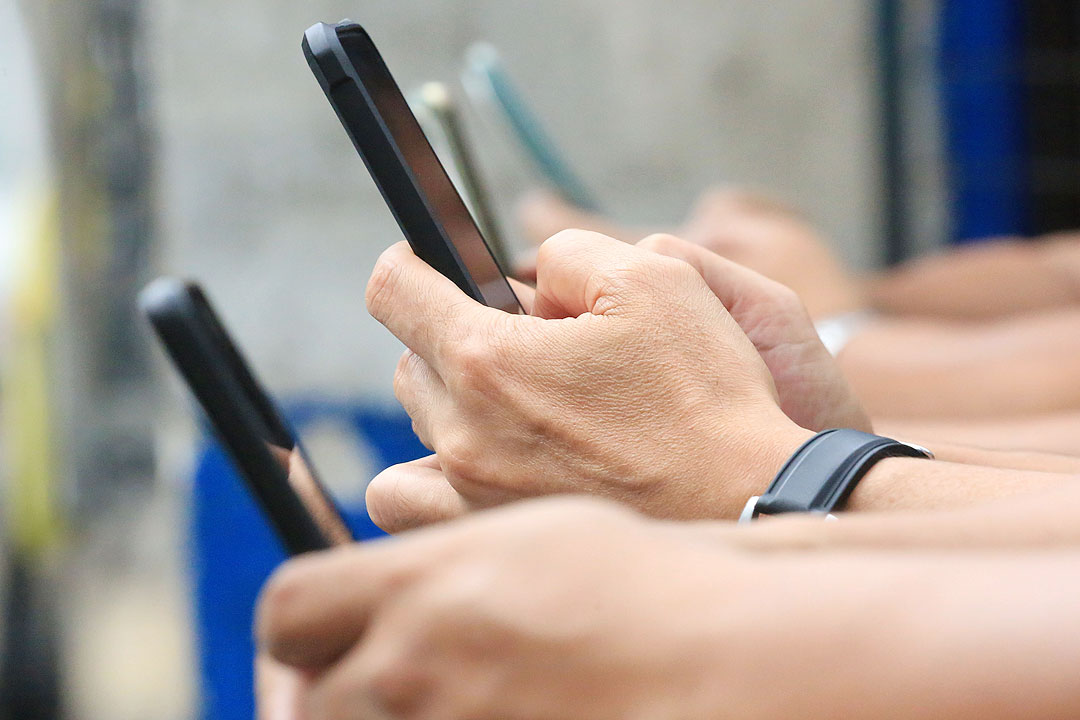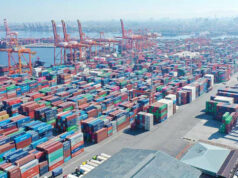
A HOUSE BILL is proposing to set minimum speeds for internet services to address the lagging Philippine performance relative to the rest of the Asia-Pacific.
“This bill seeks the enforcement of standards on internet speeds to ensure consistent and high-quality internet services for all internet users in the Philippines,” Batangas Rep. Lianda B. Bolilia said in House Bill No. 9916.
If signed into law, all internet service providers (ISPs) will be required to deliver a download speed of 30 megabits per second (Mbps) for mobile broadband or internet access, and 65 Mbps for fixed and fixed wireless broadband or internet access.
ISPs must “work towards providing an average internet connection speed above global average,” Ms. Bolilia said.
Under the measure, ISPs and public telecommunications entities need to upgrade their infrastructure to deliver faster speeds to internet users.
Those failing to meet the standard face fines of up to P2 million, according to a copy of the measure.
“Additional efforts must be made to ensure that every Filipino gets more value for money through better services, and to prevent the regression of the quality of internet service in the Philippines,” Ms. Bolilia added.
Analytics company Opensignal said the Philippines improved its average internet speed by 4 Mbps last year, but still lags regional neighbors.
Ronald B. Gustilo, national campaigner for Digital Pinoys, said the proposed law will ensure that ISPs exhaust their efforts to improve internet services.
“If this legislation requires ISPs to incur additional costs for the maintenance of the minimum speed requirement, the government should ensure that (costs) will not passed on to customers,” Mr. Gustilo said in a Viber message.
The Philippines has the least favorable policy environment for affordable broadband and is among the slowest in the world in promoting reforms to make such services more affordable, the World Bank (WB) said in January.
In 2022, only 33% of Filipino households had a fixed broadband connection. The cost of fixed broadband was more than four times the cost in Malaysia and Vietnam and more than double the ASEAN (Association of Southeast Asian Nations) average, the WB added. — Beatriz Marie D. Cruz



